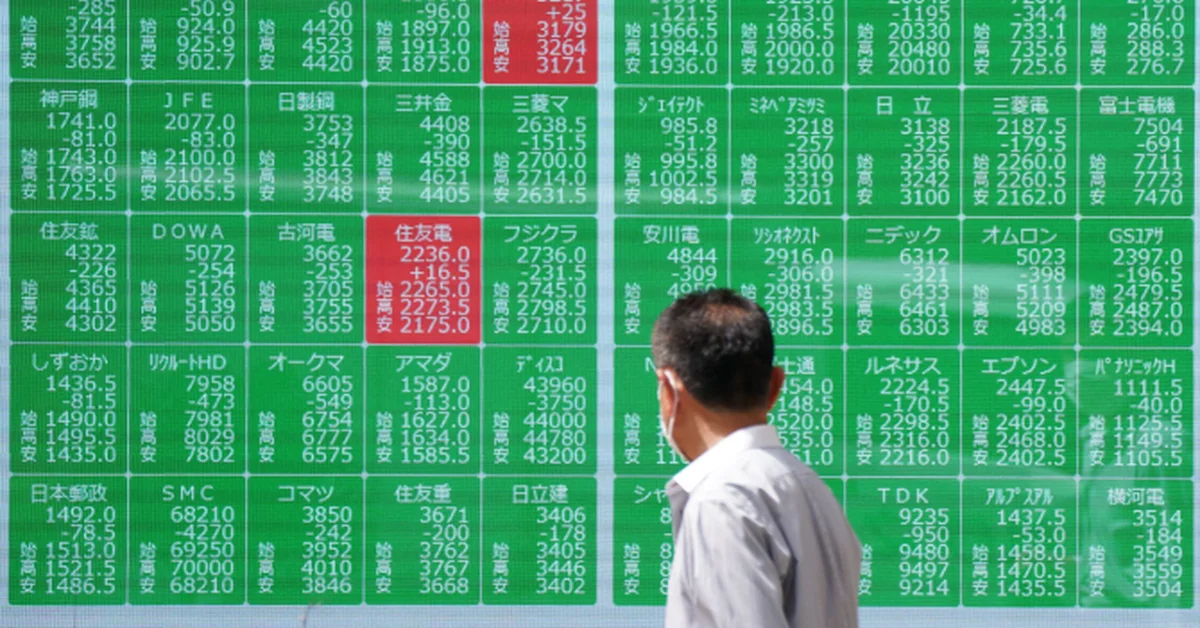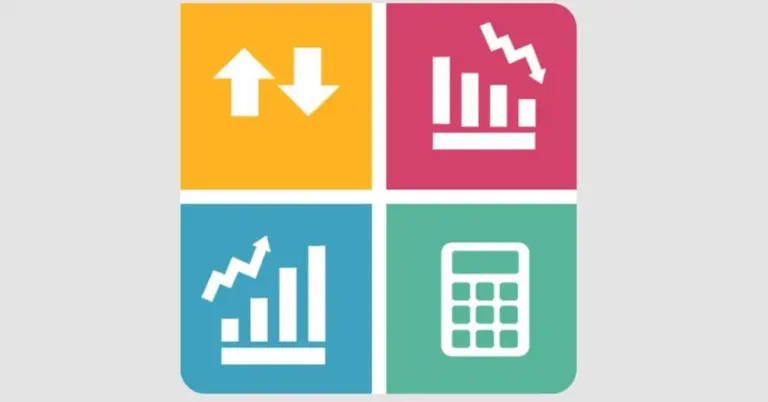
Japanese Stocks See Sharpest Drop in Two Months
This article explores the recent downturn in Japanese stocks, offering insights into market trends and potential implications. It provides valuable context for investors and analysts tracking global financial movements.
Japanese stocks faced their steepest decline in two months, with the Nikkei index dropping 1.25% by the close. This marked the largest daily fall since June 2, after briefly plunging 2.3% during trading. The broader TOPIX index also slid 1.1%, while its banking subindex tumbled 3.2%.
Market volatility reflects global economic uncertainties, including shifting trade policies and inflation concerns. Japan’s banking sector, in particular, showed vulnerability, signaling broader financial pressures. Analysts suggest the dip may be temporary, but caution remains.
For investors, this highlights the importance of diversification and monitoring international markets. While short-term fluctuations occur, long-term strategies often mitigate risks. Japan’s resilient economy may yet rebound, but vigilance is key.
Discover more about global market trends and investment strategies to stay ahead in dynamic financial landscapes.
FAQ
1. What caused the recent drop in Japanese stocks?
The decline stemmed from global economic uncertainties, including inflation and trade policy shifts, with banking stocks particularly affected.
2. How much did the Nikkei index fall?
The Nikkei dropped 1.25%, its sharpest daily decline since June 2, after briefly falling 2.3% intraday.
3. Which sectors were hit hardest?
Banking stocks led losses, with the TOPIX banking subindex down 3.2%, underperforming the broader market.
4. Is this a long-term trend?
Analysts view this as a short-term fluctuation, though global risks could prolong volatility.
5. How does this affect global investors?
It underscores the need for diversified portfolios to manage risks in interconnected markets.
6. Could Japanese stocks recover soon?
Historically, Japan’s market rebounds, but recovery depends on global economic stability.
7. What role did inflation play?
Rising inflation fears contributed to investor caution, impacting stock performance.
8. Were other Asian markets affected?
Regional markets often correlate, but Japan’s drop was notably steeper this time.
9. What should investors watch next?
Key indicators include central bank policies, trade data, and corporate earnings reports.
10. How does this impact Japan’s economy?
Short-term market dips rarely derail growth, but prolonged slumps could dampen consumer sentiment.
11. Are banking stocks a concern?
The sector’s sharp fall suggests underlying stress, warranting closer scrutiny.
12. What historical parallels exist?
Similar drops have occurred during past global uncertainties, often followed by rebounds.
13. Should investors adjust strategies?
Staying diversified and informed helps navigate volatility without overreacting.
14. How reliable is the Nikkei as an indicator?
It’s a key benchmark for Japan’s market health but reflects broader global trends too.
15. What’s the outlook for Q3 2025?
Cautious optimism prevails, but external shocks could sway markets either way.
Factbox
Nikkei fell 1.25%, worst drop since June 2.
TOPIX down 1.1%; banking stocks slid 3.2%.
Global economic worries drove the decline.
Analysts see potential for near-term recovery.
Investors advised to monitor trends closely.









